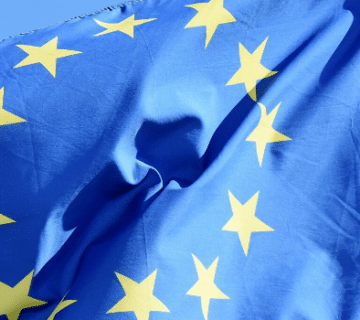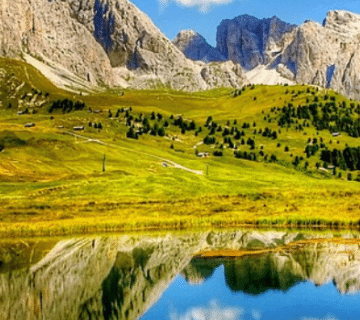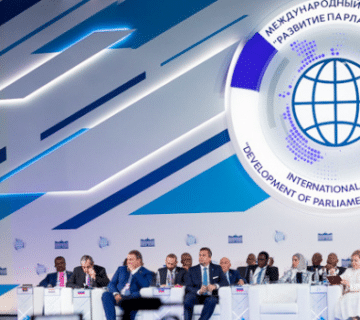“The great political project of modern times, as envisaged by the motto of the French Revolution, is summed up in the words: “liberty, equality and fraternity”.
While the first two principles have been partially fulfilled, the third principle – fraternity – has been somewhat neglected in the political arena. It is this very principle which is the specific characteristic of our Movement and in working towards fraternity, liberty and equality achieve their full significance.”
Chiara Lubich
The First international Congress of the Movement for Unity gave a glimpse of the emergence of a new facet of politics.
This was illustrated by the wide-ranging political backgrounds and experiences of the 800 participants from all five continents. Among them were political leaders and party representatives encompassing the whole range of the political spectrum, from the secretary of a European communist party to representatives of the more conservative parties. There were experts from all associated spheres such as local government officials, members of European political bodies and students of political science. What they had in common was one overriding goal: a new way of renewing the world of politics which seems to have lost touch with the people.
Chiara Lubich’s keynote address expressed this same passion: “Politics has always been of prime importance to us. It gives us the greatest possible opportunity for loving our neighbours as we move from the level of interpersonal love to a love which embraces the whole people”.
Livia Turco, member of the “Democrats of the Left” party and Italian Minister for Social Solidarity, commented: “This is the first time I have ever heard anyone who, taking their inspiration from the Gospel, attributes to politics such an authoritative and important role. It really gave me a jolt because normally politics is held in very low esteem and it is so often denigrated”.
Gianfranco Fini, Secretary of the Italian Right-Wing National Alliance Party, said: “It is a proposition that we need to meditate on in depth”.
Aside from theoretical ideas, many resolutions took shape.
From the participants a conviction emerged: building fraternal relations provides the common basis for working for all other values, because equality lived without fraternity breeds uniformity while liberty left to its own devices becomes individualism.
The concept of fraternity has diverse nuances which were illustrated in experiences recounted by conference participants. Roberto Mazzarella from Palermo, for example, shared how he bases his work with Sicilian emigrants abroad on this concept.
Johnson, from Recife in Brazil, recounted how he rose above a situation of extreme poverty to assume a position in local government in a locality called St Teresina, previously a slum area known as “Hell Island”.
An experience from Northern Ireland focussed on the efforts to work together with Catholics and Protestants: “In our interpersonal relationships we try to build on the concept of fraternity. This is catching, and sooner or later brings results”.
Another experience touched on the relationship between elected members and the electorate. In Piracicaba, Brazil, a group of fifty citizens of an electorate were successful in influencing their political representatives to promote positive values in their policies, making sure these policies were implemented as promised.
A participant from the Philippines spoke about their public awareness campaign targeting the poor and the illiterate in order to raise awareness of their right to a freedom of choice. The campaign was conducted by means of the media, through the schools, through neighbourhood meetings and through the distribution of flyers.
The history and political thinking which gave rise to the ‘Movement for Unity’ was deepened in the talks given by Chiara Lubich and Tommaso Sorgi, who, together with Igino Giordani, formed the first group of members of Parliament to draw new political inspiration from the Focolare spirituality of unity.
Professor Vincenzo Buonomo dealt with the international dimension of politics, so fundamental to the vision of the ‘Movement for Unity’, which has as its primary goal, worldwide unity.
One of the issues addressed was the unity of Europe, not only from the economic perspective but also from a cultural viewpoint. The model envisaged was unity in multiplicity in which all peoples have the freedom to live their diversity as a gift for others. A panel of politicians from Eastern and Western Europe and from South America discussed this theme in depth.


 Italiano
Italiano Español
Español Français
Français Português
Português


